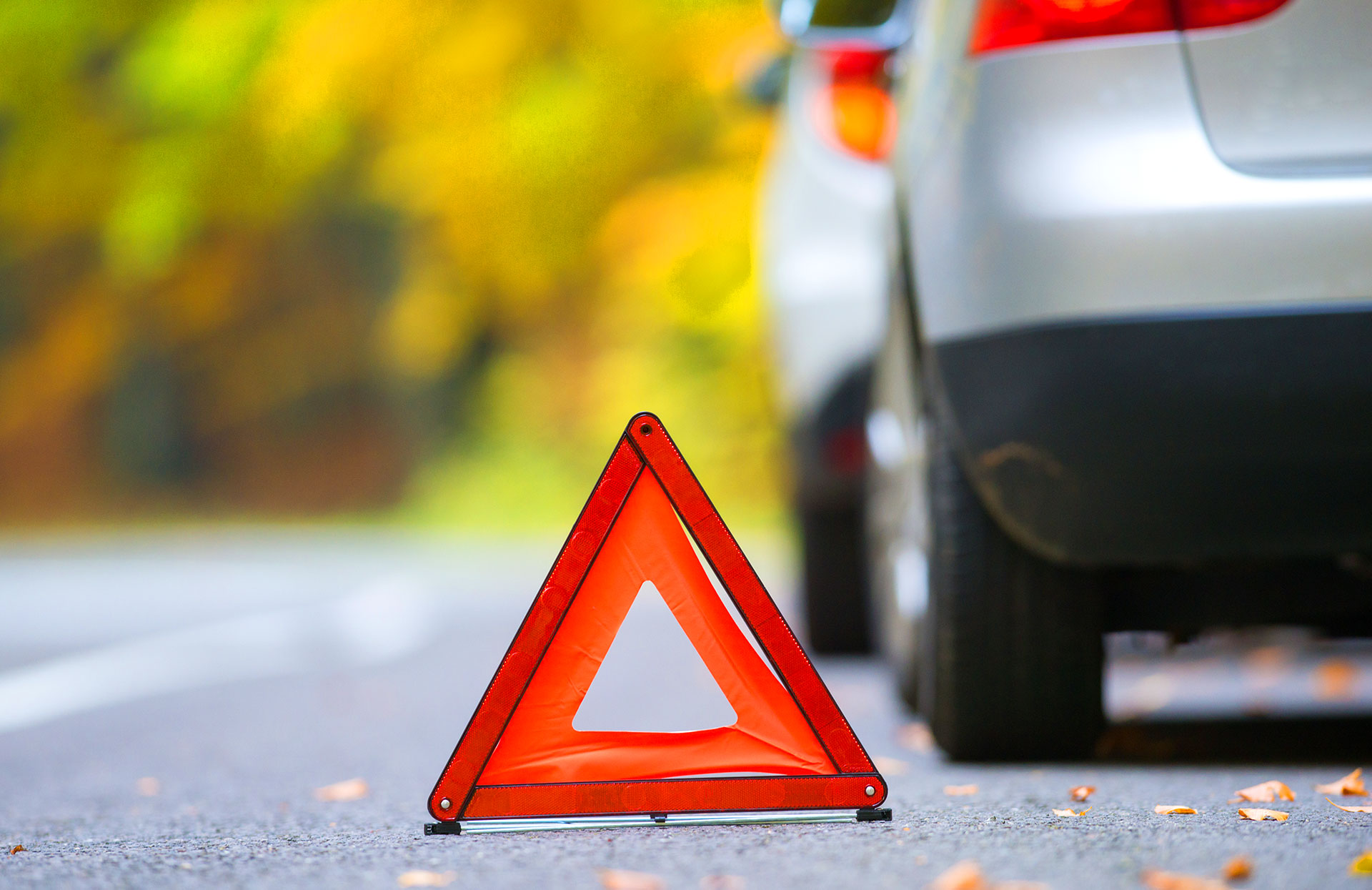
08 Oct When Your Car Starts Making Weird Noises, What Should You Do Next?
It often begins with something subtle. A faint squeak when you brake. A low hum when you hit the highway. A rattle in the dashboard that wasn’t there yesterday. Strange noises have a way of grabbing your attention, and with good reason. Cars rarely make new sounds without cause.
Don’t Ignore The Signal
It’s tempting to turn up the radio and pretend it’s nothing. But noises are your car’s language, its way of telling you something’s off. What starts as a small squeal or knock can snowball into a major repair if you let it slide.
Responding early often means the difference between a quick fix and an expensive overhaul.
What The Sounds Might Mean
Different noises point to different issues. Paying attention to when they happen—braking, accelerating, turning, helps narrow things down.
- A high-pitched squeal when braking often means worn brake pads.
- A knocking sound from under the hood could suggest engine problems.
- A grinding noise when shifting gears points to transmission trouble.
- A humming that grows louder with speed may be a wheel bearing.
Why Guessing Isn’t Enough
While it’s useful to notice patterns, guessing isn’t a strategy. Online forums and quick searches can point you in a hundred directions, some accurate, others not. The danger lies in misdiagnosis, replacing what’s fine and ignoring what’s failing. A trained ear, backed by inspection, can separate minor annoyances from serious risks.
Safety Before Convenience
Weird noises aren’t just irritating. They can signal safety hazards. Brakes that squeal today might fail tomorrow. A whining power steering pump could seize in traffic.
Waiting until the car “really” breaks risks more than your wallet; it risks your safety and the safety of everyone around you.
Take Action, Not Chances
When new noises appear, the best step is simple: get them checked. Even if the sound turns out to be harmless, the peace of mind is worth it. If it’s something serious, catching it early saves time, money, and stress. Cars are complicated, but the principle is easy: listen when they talk.
- Pay attention to when and where the noise happens.
- Don’t drown it out or delay.
- Get a professional inspection before it grows worse.
Conclusion
Weird noises are not random. They’re signals. Your car doesn’t complain without reason, and ignoring it never makes it go away. The smartest move is to listen, investigate, and act. Do that, and you’ll keep your car running smoothly and keep yourself safe on the road.

